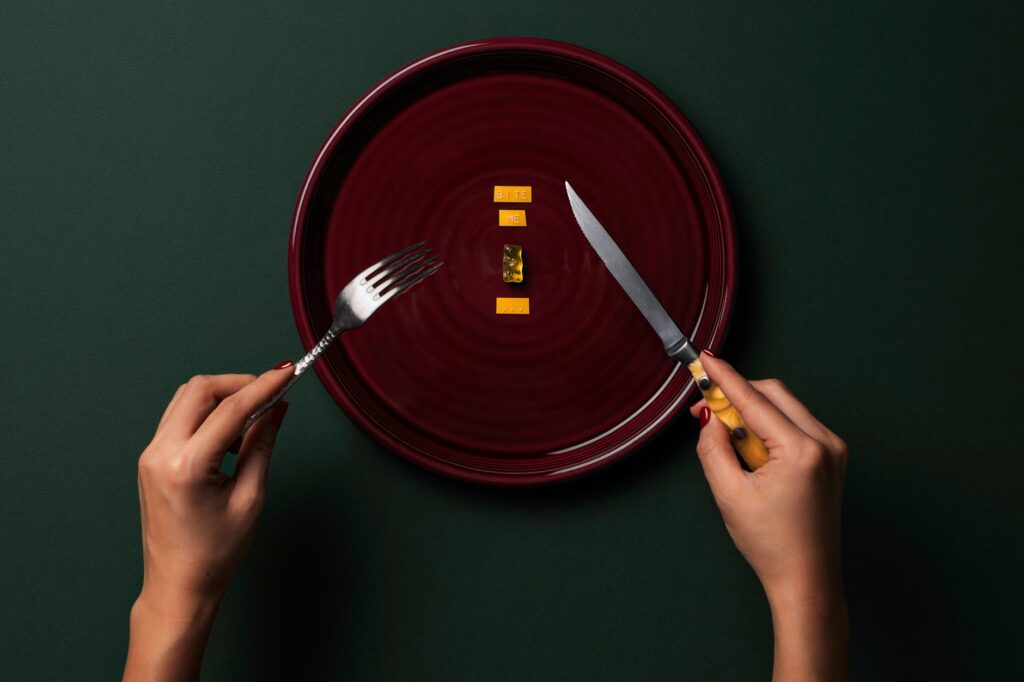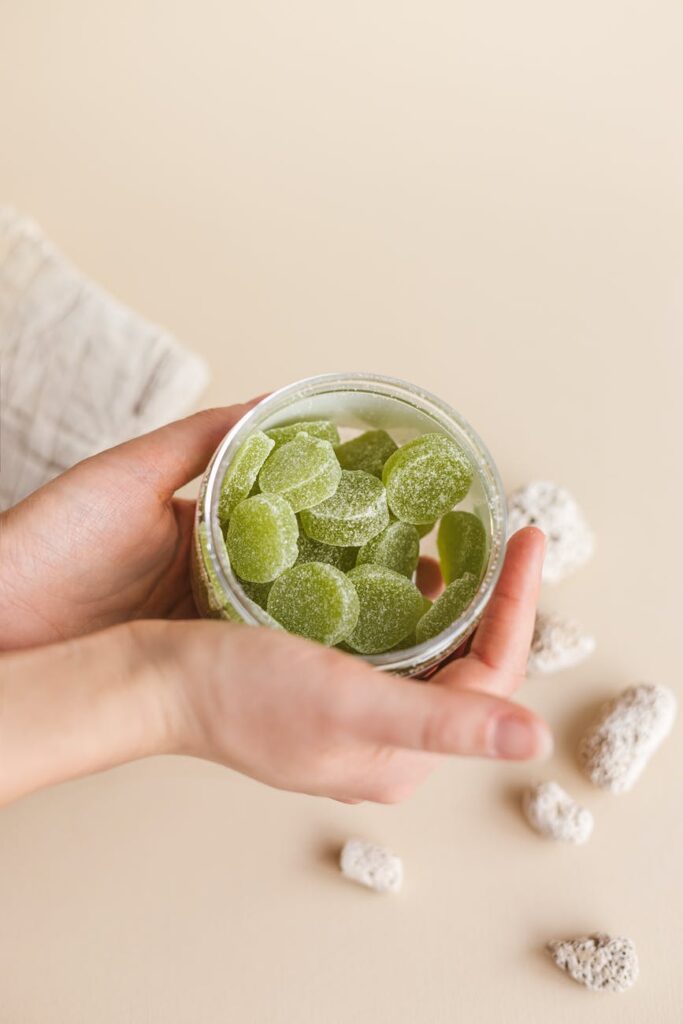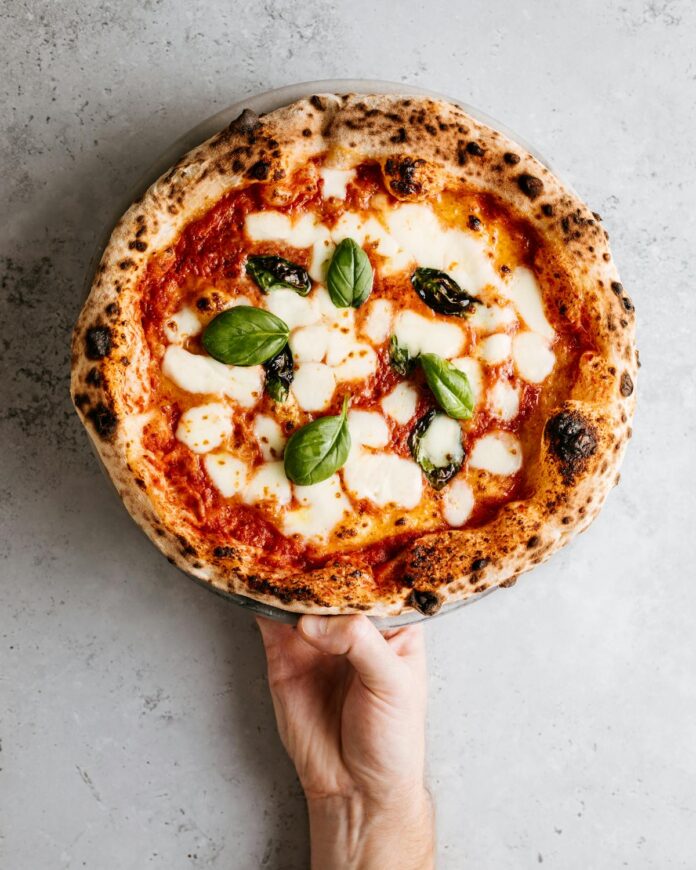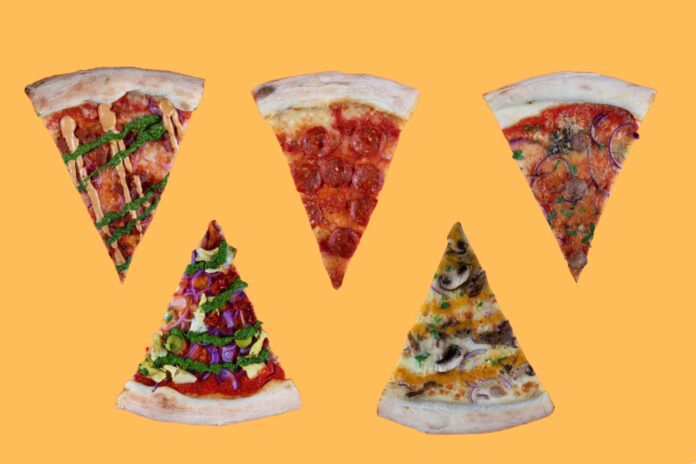
With the product increasingly ubiquitous across the UK, most Brits are now fairly well versed in the potential benefits of CBD. Most will also know that, despite the fact that it’s derived from cannabis, if CBD contains under 0.2% THC and makes no concrete medical claims, it’s actually legal. Many will be conversant in its myriad forms, too, knowing that oil is the most popular vehicle for this apparent ‘wonder drug’.
But here’s something which may still surprise you; whilst you likely already know that CBD stands for Cannabidiol, perhaps you’re not aware that the product Could Be Delicious?
Yep, despite its reputation for being sometimes bitter and somewhat unpalatable, there are those who prefer to enjoy the product in an edible form. In such cases, the focus falls more firmly on flavour than on CBD’s potential health benefits. With that in mind, if you’re keen to question whether you should be eating your CBD, then here’s CBD edibles explained.
FIRST UP, THE SMALL PRINT
CBD oil is legal in the UK as long as it contains less than 0.2% THC. It also needs to be sold and advertised as a ‘nutrition supplement’ rather than as a medicine, so check the label to make sure it is from a legitimate supplier. However, bear in mind that the guidance varies from country to country so make sure you check the law if you are travelling abroad to stay on the right side of it.
Should you be looking to add CBD oil to your diet for potential nutritional benefits or reported reasons of wellbeing, do consult with your GP or nutritionist first.
SO, WHAT ARE CBD EDIBLES?
CBD edibles are sometimes confusing for first-time CBD users because they are both wholly distinct from other methods of ingesting, or ‘taking’, the product and also don’t fall under one umbrella category.
In its simplest form, a CBD edible is any kind of cannabinoid product that is designed to be eaten, with an emphasis on it actually tasting good, rather than bringing reputed health benefits.
These edibles can take the form of baked foods like CBD brownies and cakes, chocolates and sweets, or more commonly, something like a CBD gummy. Sometimes, CBD may be eaten via the form of food items with an oil base, like salad dressings, since CBD oil bonds well with other fats.
In almost all cases, CBD oil is used in place of some of the other oils (for instance, olive oil, rapeseed oil, and so on) in a recipe, but where CBD gummies are concerned, CBD oil, sugar, and some sort of binding agent like gelatin are used.

SO WHY WOULD YOU CHOOSE TO USE CBD EDIBLES INSTEAD OF ANY OTHER TYPE OF CBD?
The two primary benefits of CBD edibles are convenience and taste.
For starters, CBD edibles are convenient when you’re ‘on the move’, as the item will have been pre-prepared. Instead of carefully measuring things like CBD oil or preparing CBD joints, you can just take CBD edibles as and when you want them. For those concerned about being judged by those more ill-informed, this presents a certain amount of discretion in consuming a still much-misunderstood product.
However, the taste of CBD edibles is the main reason people switch to using them over other methods. While CBD oil may be popular, it is also well known for its overpowering bitter taste. CBD joints can be harsh and, let’s face it, tend to taste like burned plant matter.
CBD edibles, on the other hand, have a much more adaptable flavour profile, since you can mask that primary bitter note with sweetness, or in more creative cases, spices. This makes the ‘taking’ of CBD edibles a pleasurable activity rather than one which feels regimented and perfunctory.
That said, if you’re looking for possible benefits of CBD, you might actually want that sense of routine, rather than feasting randomly on brownies; in a 2017 study by Kerstin Iffland and Franjo Grotenhermen, it was suggested that daily, dedicated CBD use leads to a more noticeable and trackable series of potential effects.
THE BOTTOM LINE ON CBD EDIBLES: SHOULD YOU BE EATING YOUR CBD?
Getting into the world of CBD can be confusing, to say the least, with so much information out there, and the majority of studies still in their infancy. Always consult with your GP or nutritionist before adding new items to your diet.





